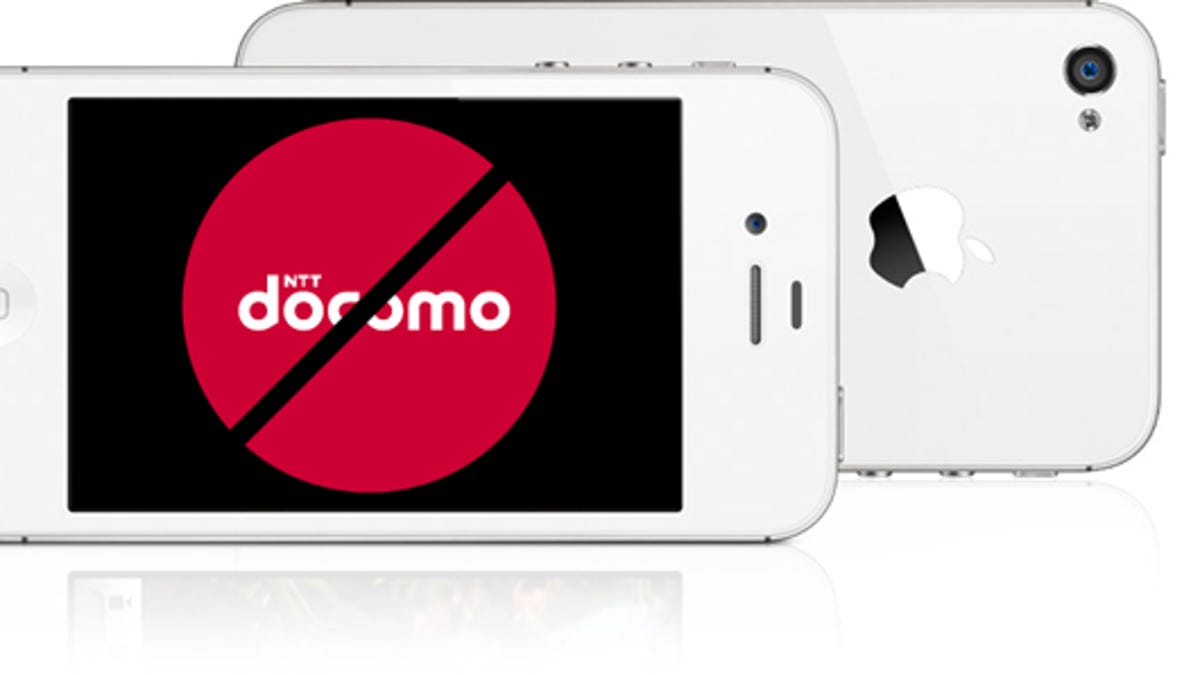Apple holds strong over bloatware in Japan
According to a report from the Wall Street Journal, Apple has not given in to pressure from Japan's largest cellular network, NTT DoCoMo, to include carrier-specific apps on the iPhone. Apple's stance has caused negotiations to get the iPhone on NTT DoCoMo to stall.

According to a report from the Wall Street Journal, Apple has not given in to pressure from Japan's largest cellular network, NTT DoCoMo, to include carrier-specific apps on the iPhone. Apple's stance has caused negotiations to get the iPhone on NTT DoCoMo to stall.
NTT DoCoMo CEO Ryuji Yamada says that his company's apps, specifically an e-wallet app and an e-mail service app, are important for his Japanese customers. While that may be true, Apple isn't budging. Providing the user with a clean, nonbloated experience out of the box is what Apple is all about.
Most cellular phone companies have their own content distribution, e-mail clients, and special services that they charge extra for when they get new customers via preinstalled applications on most of their phones. This had been the model for years until Apple released the iPhone.
Without a single branding element from any other company on the device itself, and only a tiny indicator of what service you're using in iOS, Apple has always tightly controlled its product's look--especially with iDevices. Yamada (as many other carrier CEOs in the past) is attempting to stonewall Apple until he gets his software on the iPhone.
If history is any indicator, Apple will not fold. Yamada also explained that the upfront order commitment to obtain Apple's iPhone is astronomical. Earlier this fall, Sprint made a "bet the company" decision to pay to have the iPhone, a choice that will be interesting to follow.
Companies like NTT DoCoMo and U.S. Cellular, who have loudly resisted adding the iPhone to their lineups, are gambling that customers prefer to use an "open" platform like Android, despite the fragmented nature of the software and often inferior hardware of the phones. Apple and its growing number of partners are betting the opposite.
Only time will tell if NTT DoCoMo's decision to not include the iPhone on their service will ultimately hurt or help their business. My own opinion is that if you're a carrier and you want to retain your customers, you have to give them the best phones. Right now, the iPhone is one of those phones.
Should NTT DoCoMo and other carriers continue to hold out on offering the iPhone or should they give in to Apple's demands? Let me know your thoughts in the comments!

